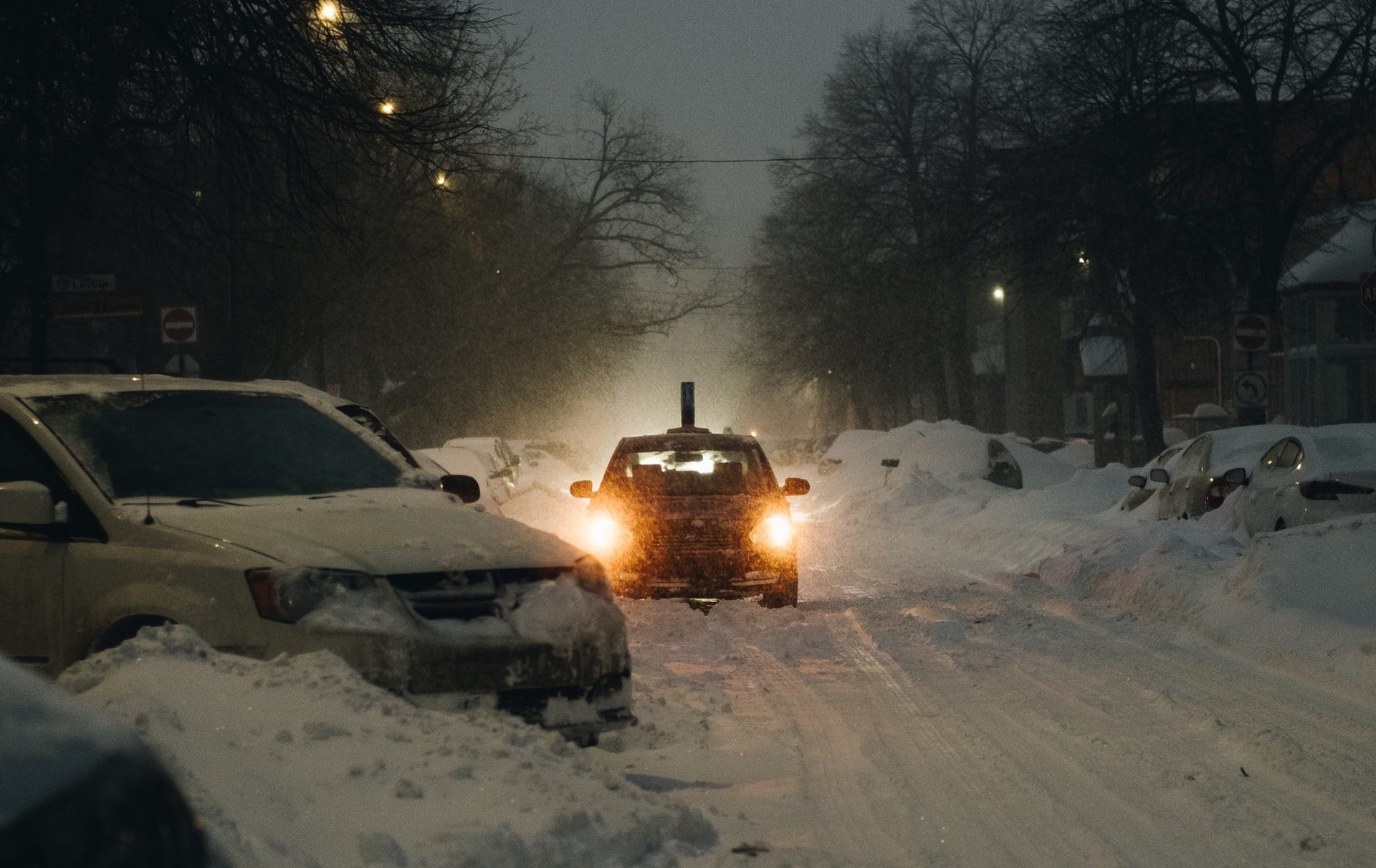Overheating can happen at any time of the year but does happen more frequently in the winter months. There are clear signs to look out for that the vehicle might be overheating and some of these are:
– A ticking noise from the engine
– Coolant leaking
– The temperature gauge
– A reduction in engine power
The article below will look at the overheating issue in greater detail and what to do if you experience overheating problems.
Why Is My Car Overheating?
The most common reason cars overheat is due to extreme cold temperatures. Most vehicles will come with internal combustion engines and as a result, engines will produce heat. The engines produce heat from combustion and friction. The temperatures that the car can reach can be extreme and much more than the car engine can cope with to run properly.
Why Is My Car Overheating In The Winter?
Overheating mainly occurs in the winter months and this tends to be due to a fault with the cooling system in the vehicle, such as a blocked thermostat or coolant leaks. When a leak in the system occurs, the cooling system becomes low, and the coolant is not able to pass through the coolant passages in the engine. Instead of this happening as it should do, air passes through and this will not transfer the heat that the engine creates to the radiator and, as a result of this, the engine builds up heat, which leads to overheating.
A blocked thermostat causes the flow of coolant to stop and this is another fault that will result in overheating.
How To Prevent Cars From Overheating
The best way to prevent overheating is to make sure you maintain your vehicle’s cooling system. You can take the car to your local garage and ask them to inspect the cooling system for any potential leaks as well as checking hoses, the coolant level, the condition of the coolant and the thermostat.
In between taking the car to the garage for a professional inspection, there are things that you can check yourself, such as checking the coolant reservoir level regularly.
When Your Car Engine Is Overheating: What To Do
If you are driving and become aware that the temperature is rising quickly or the vehicle is overheating then you need to pull over safely and turn off the engine. Turning the engine off is very important as the majority of engines are made from aluminium so when they overheat they can warp or crack if left on, which will cause significant damage to the engine.
Once you have turned the engine off you should open the hood of your bonnet to allow the heat to dissipate at a quicker rate. However, do not try and take off the radiator cap. Once you have pulled over safely and turned the engine off, you need to call for assistance.
The Green Garage Network
This network was initially set up to help drivers limit the impact that their vehicle was having on the environment. It is also a good way for the driver to save money through improved fuel efficiency. Each garage that is part of the network is accredited and has to adhere to strict quality and sustainability standards.
Call us today to learn more about Green Garage Network membership and the nearest garages near you who are signed up.
Image source: Unsplash

